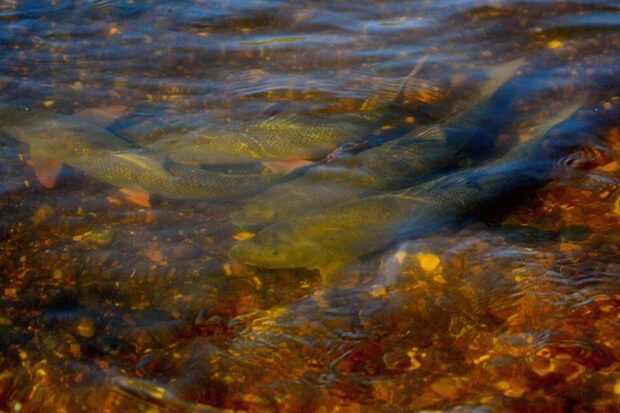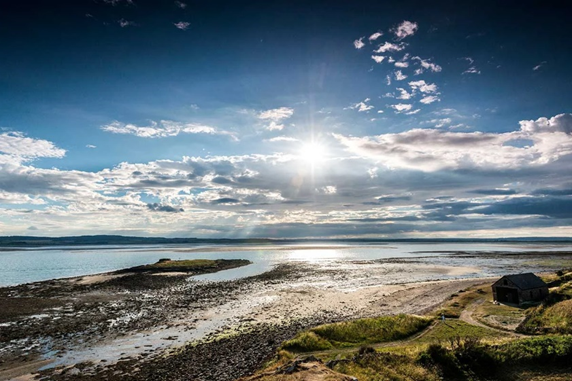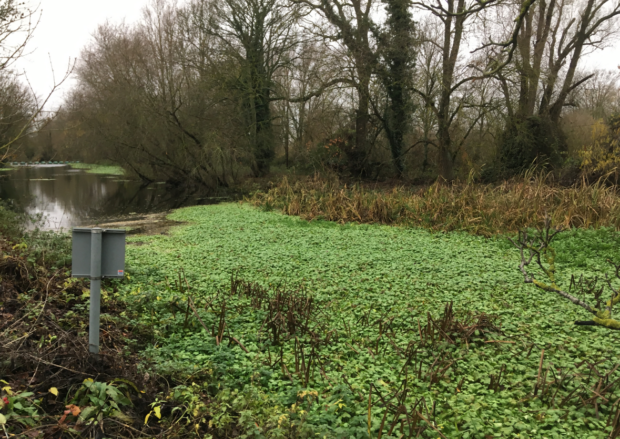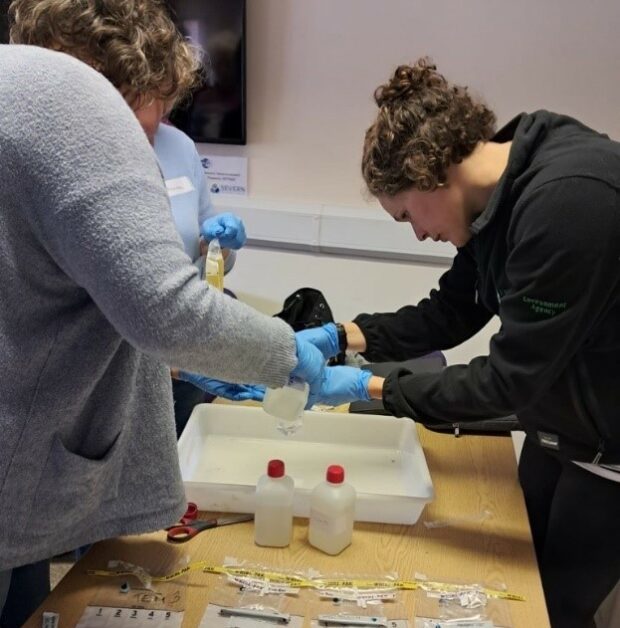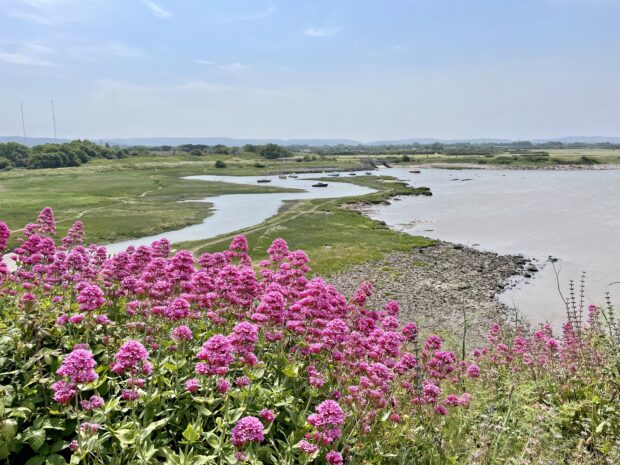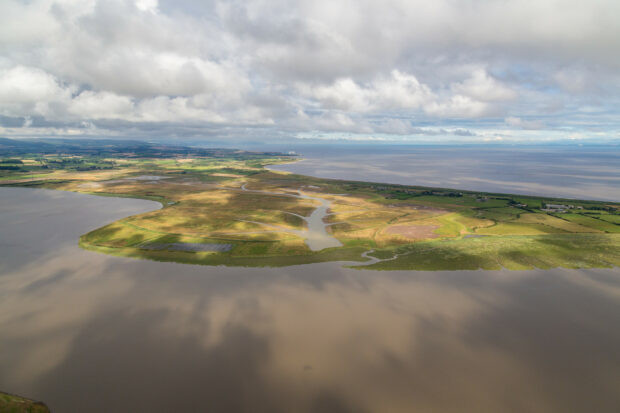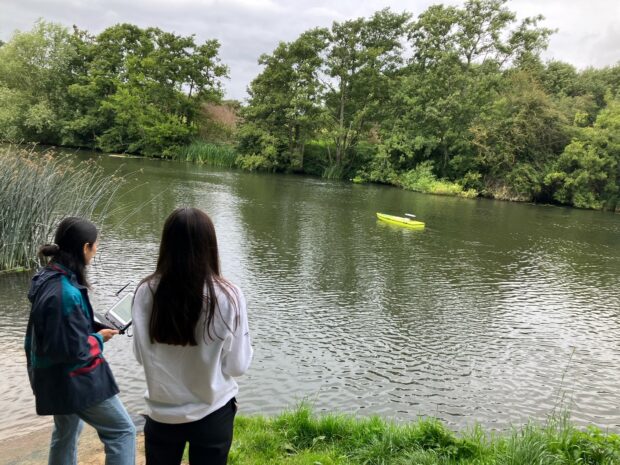The evenings are getting lighter, and spring is very much upon us and this is the time of year that coarse fish up and down the country turn their attention to spawning. Adult fish will be spawning, or recovering from …
Happy World Soil Day! Let's take a moment to appreciate the incredible role soil plays in our lives. Healthy soil is the foundation of sustainable agriculture, biodiversity, and climate resilience. Below, read about the Environment Agency’s efforts to measure, monitor, and …
My name is Pippa Keynes and I work for the Environment Agency in East Anglia. Part of my job involves managing the Bedford Ouse Floating Pennywort project. This was launched by Fisheries, biodiversity and geomorphology (FBG colleagues in 2017), and …
If you spend time on or around the water of the Solent’s harbours, you will likely have noticed high levels of bright green macroalgae, on the shore or in the water. Wet winters are causing an increase in green macroalgae …
My name is Dan Hayter and I work for the Environment Agency in East Anglia. Part of my job involves monitoring the number of fish we have in our rivers and one way I do this is through fish surveys. …
My name is Lydia Ashworth and I have been a Citizen Science Coordinator for the Environment Agency in the West Midlands since July 2023. In this blog, you can find out about the Environment Agency’s ‘Supporting Citizen Science Project’ and …
Hi, I am Tony Grayling and I’m one of the new Directors of Nature and Place, along with my colleague Jennie Donovan, at the Environment Agency. Today we are celebrating International Day of Biodiversity, and I wanted to share with …
Our chair Alan Lovell reflects on our progress to achieve government’s Environmental Improvement Plan (EIP) goals. One year ago, the government published the Environmental Improvement Plan (EIP) to halt and reverse the decline of nature in our country. With climate …
Helen Wakeham, Director of Water Transformation at the Environment Agency delivered a keynote speech today (25 January) at the annual Coastal Futures Conference in London. Here, Helen shares her thoughts on the history and future of our estuarine, coastal, and …
Our Summer Diversity Internship Programme (SDIP) offers students from diverse backgrounds the chance to kickstart their careers and give them an insight into the breadth of work undertaken by the EA. Ever wondered what this would be like? We spoke to Rion Hoshino and Siobhan Gunn, who completed the internship this summer, to find out more about their experience.
